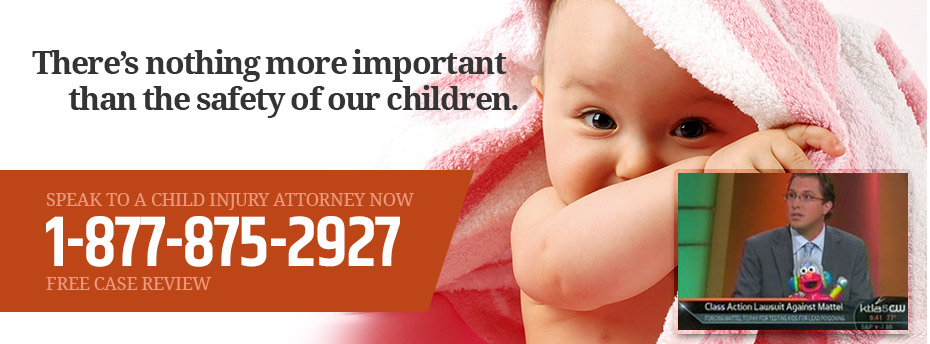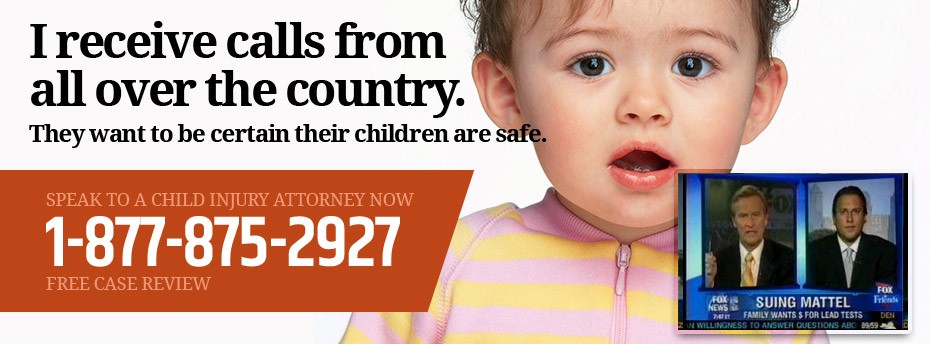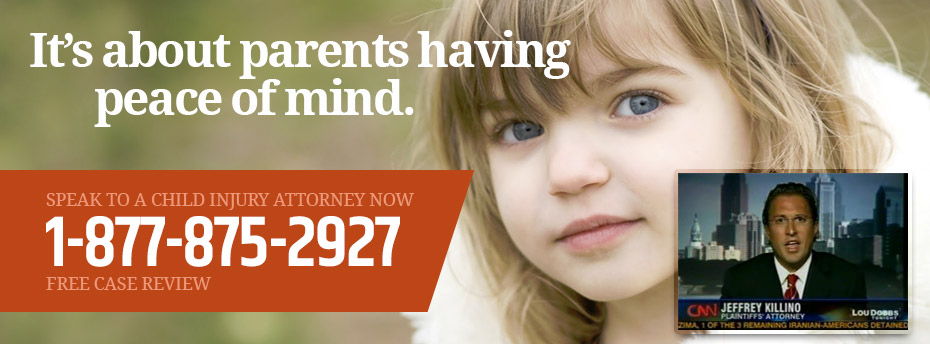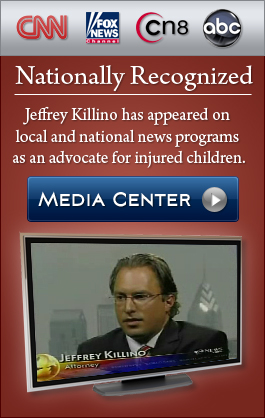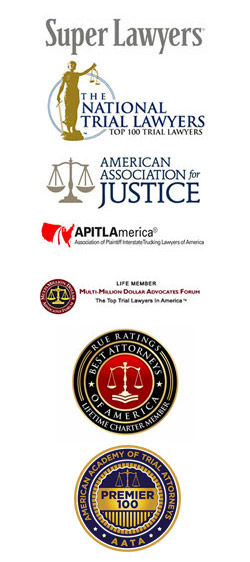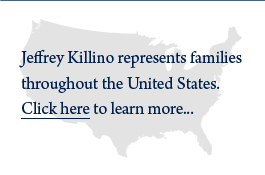Just because they’re natural, doesn’t mean they are safe…
 If you have ever browsed the selection of essential oils at your natural foods store or local farmers’ market, it is hard to miss the multiple little vials filled with strong-smelling oil. Essential oils are highly concentrated extracts from the flowers, leaves, seed, bark, roots or peel of a plant. For centuries, essential oils have been used to promote relaxation and mental and physical wellness. What you may not know is that essential oils – also known as ethereal oils – can be dangerous if misused or improperly stored. In recent years, the growing number of toxic exposures to these highly concentrated oils involves children getting their curious hands on these compact colored glass bottles.
If you have ever browsed the selection of essential oils at your natural foods store or local farmers’ market, it is hard to miss the multiple little vials filled with strong-smelling oil. Essential oils are highly concentrated extracts from the flowers, leaves, seed, bark, roots or peel of a plant. For centuries, essential oils have been used to promote relaxation and mental and physical wellness. What you may not know is that essential oils – also known as ethereal oils – can be dangerous if misused or improperly stored. In recent years, the growing number of toxic exposures to these highly concentrated oils involves children getting their curious hands on these compact colored glass bottles.
If your child suffered a serious injury or accidental death due to poisoning by an essential oil product, call Child Injury Lawyer Jeffrey Killino at 1-877-875-2927 for a no obligation consultation. As an experienced attorney representing child poisoning victims and family members, Jeff will provide direct answers to your questions and concerns.
Incidents of Essential Oil Injuries in Children are on the Rise
In 2018, there were 17,178 reported incidents of children under 12, who accidentally drank, spilled onto their skin, or splashed into their eyes highly concentrated essential oils, according to the Tennessee Poison Center at Vanderbilt University Medical Center. That was an 85% increase over the number of cases reported in 2014.
By far, the greatest danger to children occurs when these volatile oils are accidentally swallowed. The tempting sweet smell of essential oils often attract toddlers or young kids who have a tendency to put everything in their mouths. According to Dr. Justin Loden, a certified specialist at Vanderbilt University Medical Center’s Tennessee Poison Center, poisoning typically occurs when children try to swallow the oil, but choke from the bitter taste and aspirate the oil into their lungs, which causes pneumonia.
Because there’s no solid evidence on the efficacy and safety of essential oils, major medical organizations such as the American Academy of Pediatrics and the American Academy of Family Physicians have not issued recommendations for using them with children. However, in recent years, essential oils have been introduced into more homes with the rise of companies like doTERRA, and Young Living and their millions of distributors touting various purported uses for these oils.
How are Essential Oils Used at Home?
At home, people often use essential oils in a variety of ways:
- Inhaling them through aromatherapy, using a diffuser or oil burner
- Using them topically by rubbing them on skin through lotions or skin products
- Ingesting them in baked goods, drinks or directly into the mouth
- Adding drops to Hot/Cold compresses
- Diluting oils in a bath bodywash or shampoo
Because of their scent, essential oils can be found in perfumes, cosmetics, skin treatment, room fresheners, pesticides, and household cleaners.
Beware: Essential Oils Are Not Regulated by the Food and Drug Administration
In the last decade, there have been countless testimonials about essential oil’s stellar effects in treating a myriad of medical conditions such as autism, psoriasis, acne, cancer and ADHD. However, essential oils are not regulated as drugs by the Food and Drug Administration (FDA), which makes it unlawful for companies to make medical claims about their use.
Despite the fact that essential oils haven’t been put through rigorous FDA testing and approval like the over-the-counter drugs available at your local pharmacy, https://www.papsociety.org/accutane-isotretinoin/ essential oils have wide appeal. In 2017, retail sales of essential oils soared 38% with consumers spending more than $1 billion on oils and accessories, according to market research firm SPINS.
Children are Accidentally Being Poisoned by Essential Oils
The Consumer Product Safety Commission reports that accidental poisoning accounts for more than 2 million calls each year to poison control centers and more than 80,000 visits to the emergency room.
As the essential oil market continues to grow, so does the number of accidental poisonings by essential oils in children. In 2013, the Maryland Poison Center managed 350 cases of poisonings, all involving an essential oil or product with essential oil.
Highly toxic essential oils include camphor, clove, lavender, eucalyptus, thyme, tea tree, and wintergreen oils and should be used with care. Essential oils should be treated like any medicine and kept out of reach of children of all ages.
A List of Some of the Most Toxic Essential Oils Which Can be Dangerous to Children
While essential oils may have benefits, there are also risks when these oils are misused. According to the National Capital Poison Center, children with their thin and immature livers, might be more susceptible to toxic effects than adults. A list of some of these toxic oils which can have devastating effects especially on children are:
Peppermint – used for stomach discomfort. The oil can cause rash and other irritations when applied to skin or heartburn if ingested.
Wintergreen oil – used as a food flavoring and in some over-the-counter skin preparations to relieve gas or aching joints. It creates a feeling of warmth because it causes blood vessels to enlarge. But oil of wintergreen can be deadly if it is swallowed directly from the bottle.
Tea tree oil (also called melaleuca oil) – used for acne, fungal infections of the skin and nails, insect bites, lice and burns. If a child swallows as little as a mouthful, it can cause vomiting, diarrhea and/or confusion. It can cause them to be unsteady on their feet (ataxia). It can also cause decreasing levels of consciousness and a coma.
Nutmeg – used in food for flavoring or to help reduce inflammation and joint pain. If it is misused or abused, it can lead to vomiting, drowsiness, and cause hallucinations and coma.
Eucalyptus – used for its soothing effects when inhaled during a cold or cough. If swallowed, even a small amount of eucalyptus oil can trigger drowsiness, sedation and even cause someone to go into a coma or die.
Sage oil – used as a scent, seasoning, and remedy. Swallowing more than a very small amount has caused seizures and kidney damage in children.
Camphor – used as a moth repellant, in vaporizers, and as an ingredient in mouth and skin products. Even a small amount of camphor is dangerous, if swallowed. Seizures can begin within only a few minutes. Poisoning can also happen when you apply skin products containing camphor to children more often than the label recommends or cover the area with extra clothing or blankets.
Clove Oil – sometimes used to treat a toothache or gastrointestinal and respiratory complaints. When taken in large quantities, symptoms include shallow/rapid breathing, coughing up blood, seizures, coma and damage to the liver and kidneys.
Lavender is one of the most popular and versatile essential oils used in aromatherapy to promote relaxation, improve sleep, relieve asthma, and treat blemishes. When ingested, symptoms include difficulty breathing, vomiting and diarrhea.
Thyme oil – used to treat acne, hair loss, reduce cough and duration of respiratory tract infection. It could lead to heartburn, diarrhea, nausea, vomiting and gastrointestinal irritation.
Pennyroyal oil – used to regulate menstrual periods, as an antiseptic, control muscle spasms, or treat gout. A few drops could cause hallucinations. Just one tablespoon of pennyroyal oil has been known to cause seizures, coma, severe liver and kidney damage, and cardiopulmonary collapse – leading to failure of vital organs and death.
Juniper Oil is supposed to relieve hemorrhoids, regulate menstruation or get rid of dandruff. When used over a long period of time or in large amounts, the oil may cause seizures and kidney malfunction.
Cedar Leaf (thuja) oil is claimed to treat tumors, HIV or Hepatitis B. The oil smells like a sweet drink, but drinking some of the oil can cause a coma, seizure, or abdomen pain or burn the esophagus.
Many Essential Oils Are Not Packaged Safely and Pose a Danger to Children
In the last few months, there has been a significant uptick in U.S. Consumer Product Safety Commission (CPSC) recalls of essential oils, a majority being wintergreen essential oil products for failing to have child-resistant packaging. Wintergreen essential oil is 96-99% methyl salicylate , which is highly toxic.
The dangers of accidental ingestion of wintergreen oil have been documented. One teaspoon (5 mL) of oil of wintergreen contains approximately 7 g of salicylate, the equivalent of 22 adult aspirin tablets. Ingestion of just 4 mL can be fatal in a child.
The Poison Prevention Packaging Act (PPPA) was established in the early 1970’s in response to the number of unintentional poisoning deaths among young kids. Under the PPPA, child resistant packaging is required for prescription drugs, over the counter (OTC) drugs, dietary supplements, cosmetics, household products that contain chemicals or hazardous materials that could be considered dangerous for children.
Contrary to popular belief, “child resistant” caps on medicines or hazardous products are not really childproof. The intent of child-resistant packaging is to slow children down. They are not designed to keep them out completely. They are simply child resistant and most kids will eventually get the bottle open, so the best thing is to take steps to prevent poisonings by keeping essential oils stored properly and safely away from children.
Many Recalled Bottles of Wintergreen Essential Oil are Not Child Resistant and Can Hurt Your Child
If you are one of the many people who love to use essential oils in your home, check your collection for the following recalled products.
July 9, 2020 Miracle Botanicals Wintergreen and Birch Essential Oils
July 9, 2020 Ananda Apothecary Essential Oil
July 8, 2020 Pranarom Wintergreen Essential Oil
July 8, 2020 GloryBee Natural Sweeteners Wintergreen Essential Oil
July 2, 2020 Edens Garden Wintergreen and Birch Essential Oil
June 11, 2020 Davina Wintergreen Essential Oil and Davina Kneads Relief ore Muscle Blend
June 4, 2020 Simply Earth Wintergreen Oil
June 4, 2020 Emori Wintergreen 100% Pure Essential Therapeutic Grade Oil
May 21, 2020 Viva Doria Wintergreen Essential Oil
May 14, 2020 Jade Bloom Wintergreen and Birch Sweet Essential Oils
May 14, 2020 Organic Pure Oil Wintergreen Essential Oil (sold on Amazon)
May 14, 2020 Aromatics International Wintergreen Essential Oil
April 30, 2020 Essential Trading Post Wintergreen and Birch Essential Oils
April 23, 2020 BioFinest Wintergreen Essential Oil
April 23, 2020 Dr. Mercola Wintergreen Essential Oil
April 23, 2020 Eiji Wintergreen Essential Oil
April 16, 2020 Wyndmere Birch Sweet Essential Oil and Aches and
Pains Synergistic Blend
March 19, 2020 Plant Therapy Wintergreen, Organic Wintergreen, Muscle Aid Synergy Blend, Tingly Mint Synergy Blend, and Vein Aid Synergy Blend Oils
March 18, 2020 Earthsonnets Wintergreen Oil
March 18, 2020 Earthoma Wintergreen Oil
November 20, 2019 Airome Wintergreen 100% Pure Essential Oil Stimulate
November 20, 2019 Airome Deep Sooth 100% Pure Essential Oil Cool
September 10, 2019 Healing Solutions Wintergreen and Birch 100% Pure Therapeutic Grade Essential Oils
September 4, 2019 Artizen Oils Wintergreen and Birth 100% Pure & Natural Therapeutic Grade Essential Oils
August 22, 2019 PipingRock Wintergreen 100% Pure Essential Oil
July 16, 2019 Magestic Pure Wintergreen Oil
July 3, 2019 Nature’s Truth Wintergreen 100% Pure Essential Oil
If your son or daughter swallows a bottle of essential oil, or a product containing essential oils, call the poison control center immediately at 1-800-222-1222
What are Some Symptoms of Toxicity?
- Drowsiness, slow/shallow breathing, coma (after large ingestion)
- Seizures
- Sudden change in behavior
- Heavy drooling
- confusion
- Persistent cough, gagging/choking, shortness of breath, wheezing
- Nausea, vomiting or diarrhea
- Skin irritation (skin exposure)
- Eye redness, irritation or pain (eye exposure)
What to do if your child is poisoned?
- In most cases, call poison control right away using the toll-free-nationwide number 1-800-222-1222
- You should not wait for your child to have symptoms, even if you aren’t positive if your child actually swallowed any of the poison, or if you aren’t sure if it really is poisonous
- In certain cases, like if your child is having seizures, is not breathing, or is unresponsive, then, of course, you should call 911 instead.
FIRST AID STEPS FOR POISONING
The National Capital Poison Center recommends the following first aid steps:
Swallowed Poisons
- Don’t give your child anything to eat or drink and don’t give your child syrup of ipecac
- Call poison control 1-800-222-1222
Inhaled Poisons
- Get your child to fresh air
- Call poison control 1-800-222-1222
Poisons on the Skin
- Remove your child’s contaminated clothing
- Rinse your child’s skin with water for 15 to 20 minutes
- Call poison control (don’t wait until you are done rinsing the skin though)
Poisons in the Eye
- Flush your child’s eye with lukewarm water for 15 to 20 minutes using running water for a large cup held 2 to 4 inches from his eye
- Do not force his eye open
- Call poison control (again, don’t wait until you are done rinsing his eye unless you have no other choice)
SAFE PRACTICE RECOMMENDATIONS
- Make sure all essential oils are stored in child resistant bottles
- Do not leave children alone in areas where essential oil bottles or products are around
- After using an essential oil, take a moment to make sure the lid or closure is secure
- Store essential bottles out of reach and out of sight from children
If you need a poisoning injury lawyer who will exhaustively investigate your son or daughter’s poisoning from an essential oil product and make sure that every responsible party is held accountable, contact attorney Jeffrey Killino, at (877) 875-2927. Not only will you get superb legal advice, you will have your own child safety advocate.
